Life
Sign up for our newsletter
We summarize the week's scientific breakthroughs every Thursday.
-
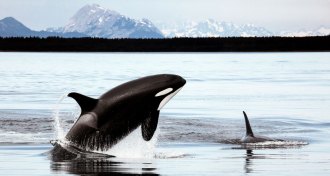 Animals
Animals50 years ago, scientists studied orcas in the wild for the first time
The study of killer whales has come a long way since the capture of seven in 1968 allowed scientists to study the animals in their habitat.
By Mike Denison -
 Health & Medicine
Health & MedicineStudies can be in vitro, in vivo and now ‘in fimo’ — in poop
Scientists have coined a new term — “in fimo” — to describe studies focused on feces.
-
 Animals
AnimalsA protein in mosquito eggshells could be the insects’ Achilles’ heel
A newly discovered protein found exclusively in mosquitoes may one day help control their numbers.
-
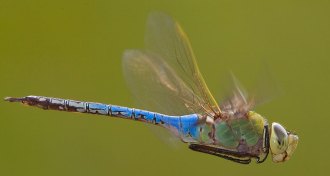 Animals
AnimalsGreen darner dragonflies migrate a bit like monarch butterflies
Some dragonflies do a north-south annual migration that takes at least three generations.
By Susan Milius -
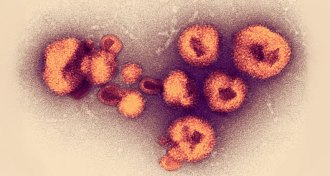 Health & Medicine
Health & MedicineDNA tests of Lassa virus mid-outbreak helped Nigeria target its response
New technology for analyzing genetic data quickly in the field guided how Nigeria dealt with an outbreak of Lassa fever in 2018.
-
 Agriculture
AgricultureA new way to genetically tweak photosynthesis boosts plant growth
A new chemical road map for a process called photorespiration in plant cells could reduce energy waste to increase plant productivity.
-
 Animals
AnimalsPoop provides a link in determining penguin diet from space
Scientists have figured out what foods dominate an Adélie penguin colony’s diet by looking at Landsat imagery. But to do so, they had to start with penguin guano.
-
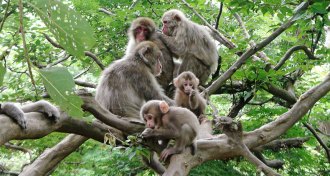 Animals
AnimalsMacaques take turns while chattering
Japanese monkeys take turns while communicating. Adjusting response times while chattering, macaques intentionally pause like humans do when chatting.
By Katie Brown -
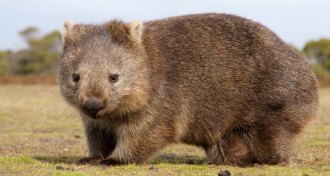 Astronomy
AstronomyThese are the most-read Science News stories of 2018
From male birth control to wombat poop, Science News online readers had a wide variety of favorite stories on our website.
-
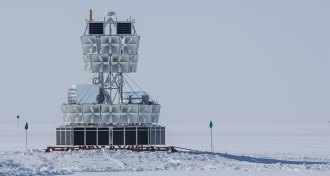 Astronomy
AstronomyThese 2018 findings could be big news — if they turn out to be true
Discoveries about fossils, the Big Bang and more could shake up the scientific world – if they turn out to be true.
-
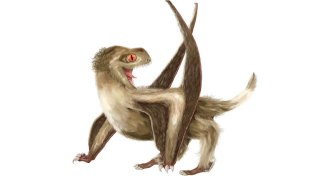 Paleontology
PaleontologyPterosaurs may have been covered in fur and primitive feathers
A new study provides evidence of plumelike structures in ancient flying reptiles.
-
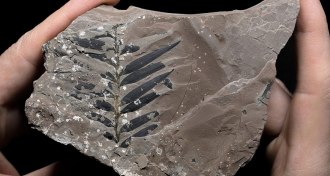 Paleontology
PaleontologyMore plants survived the world’s greatest mass extinction than thought
Fossil plants from Jordan reveal more plant lineages that made it through the Great Dying roughly 252 million years ago.